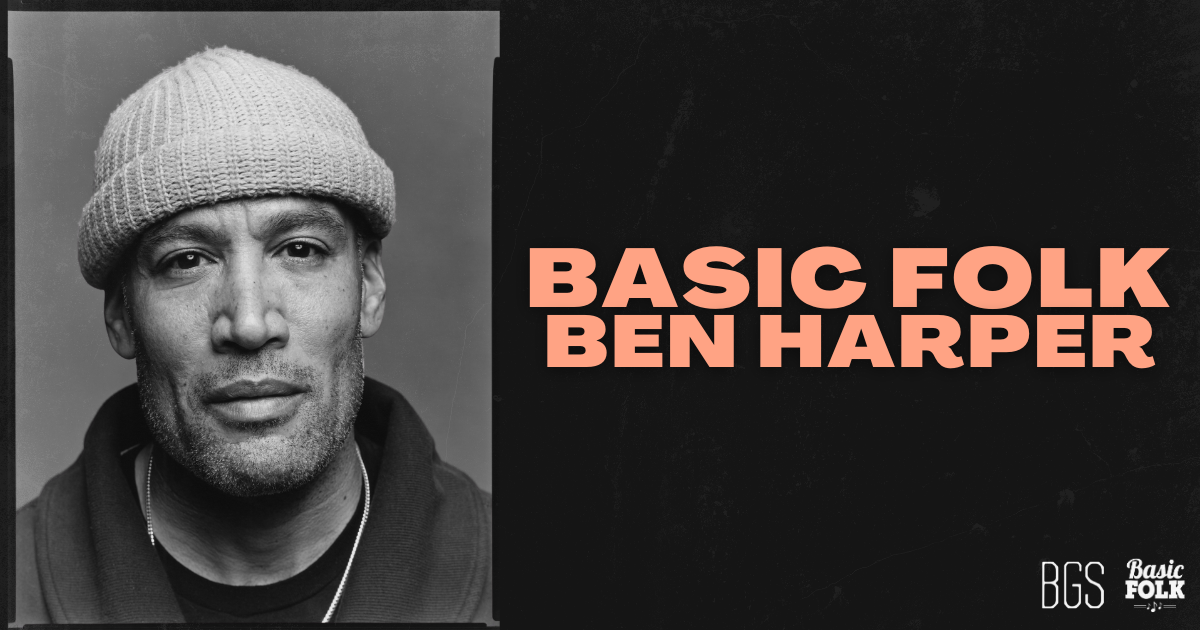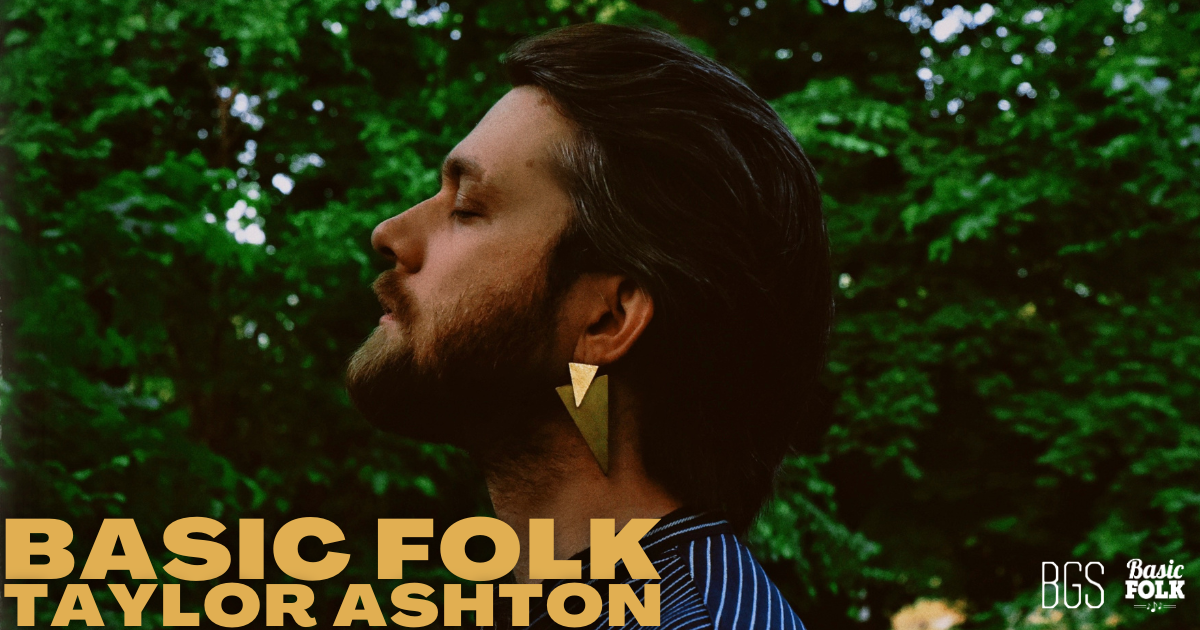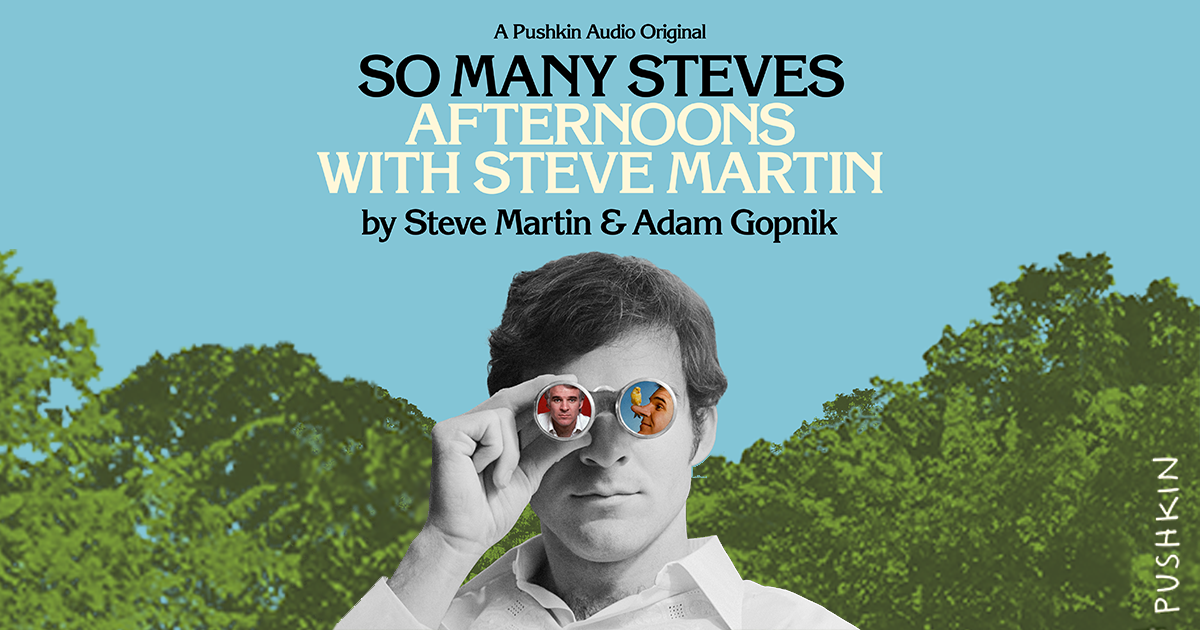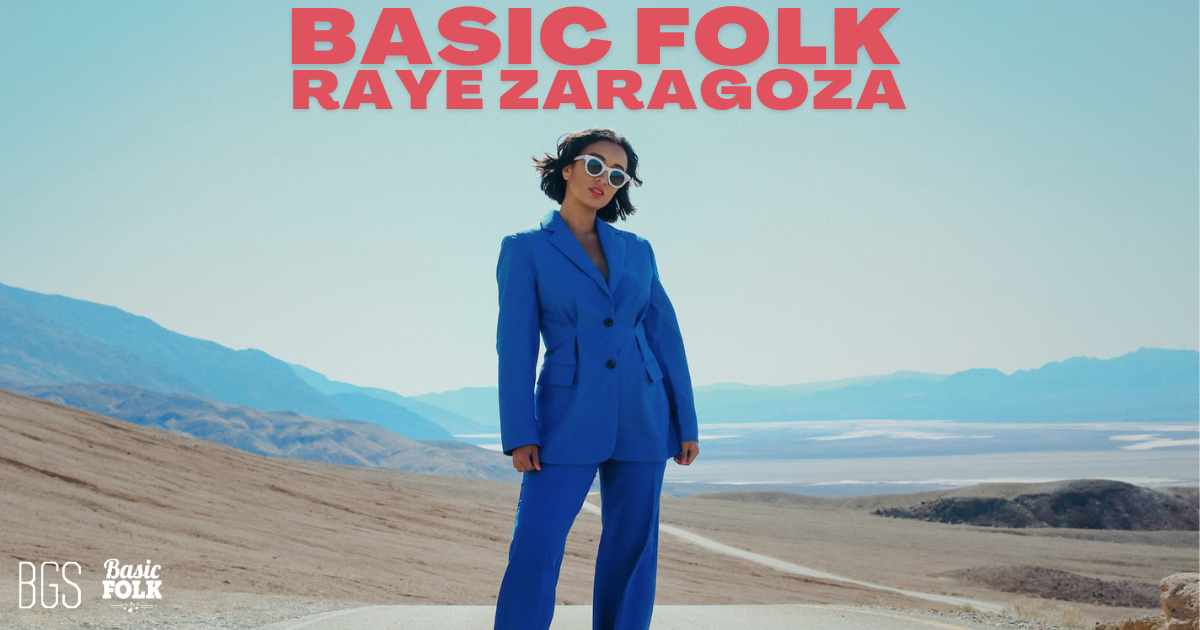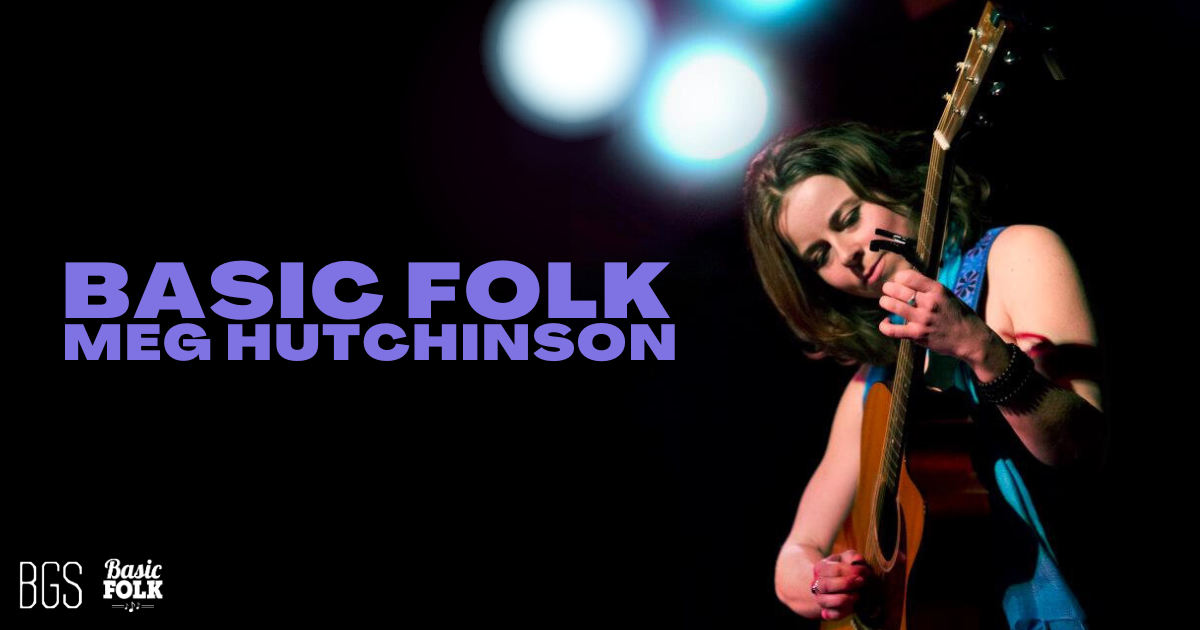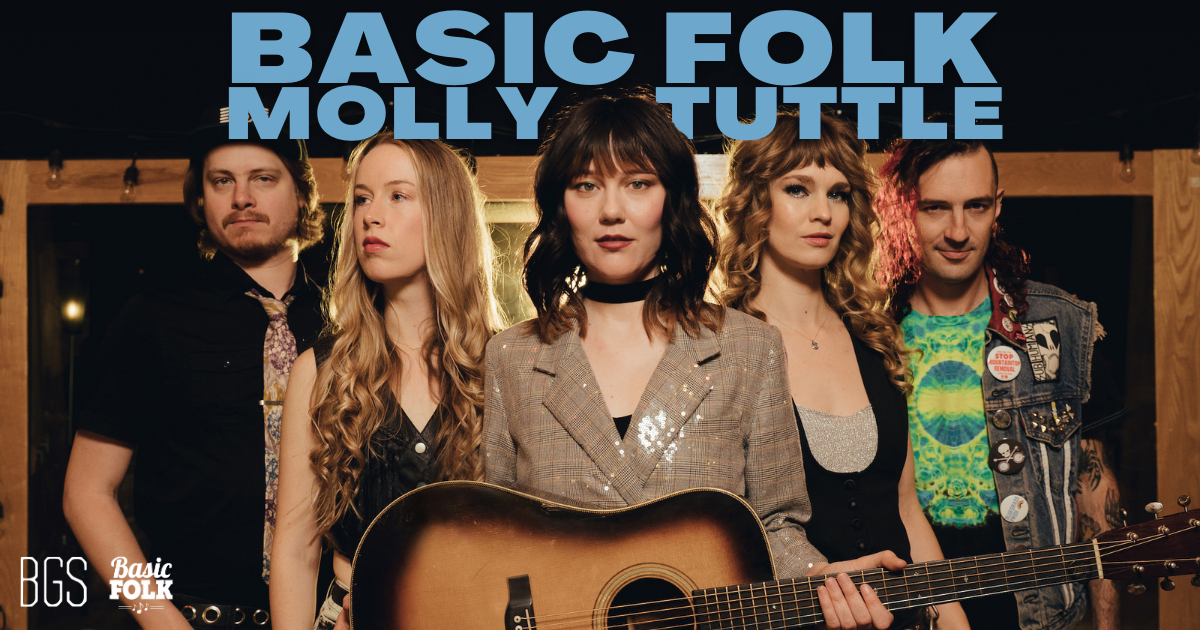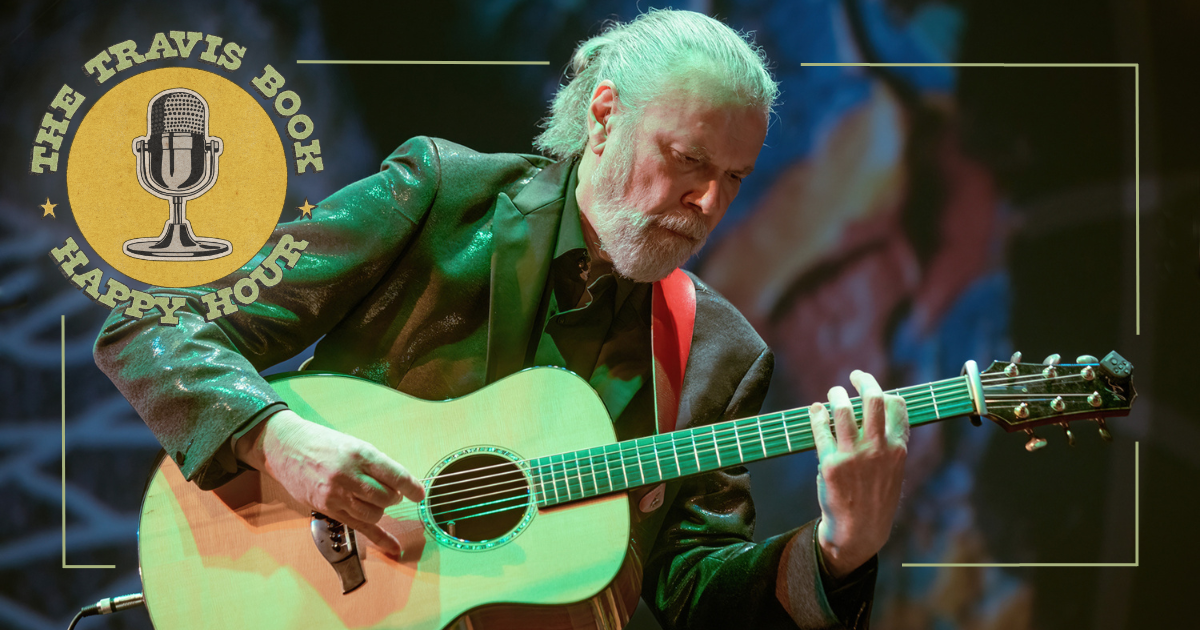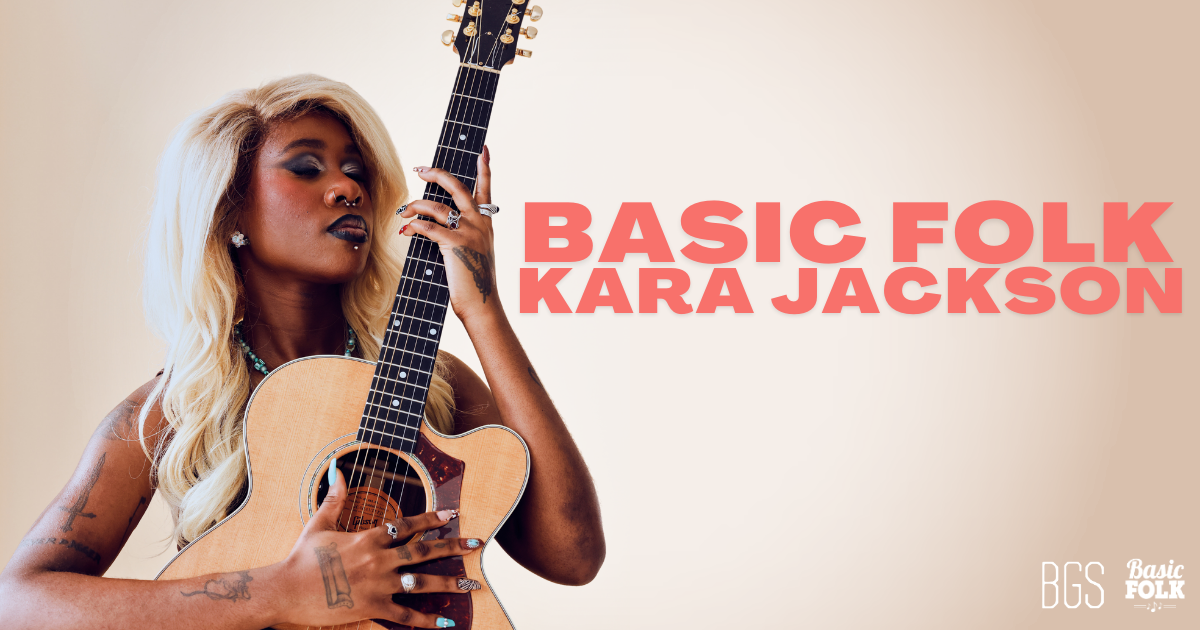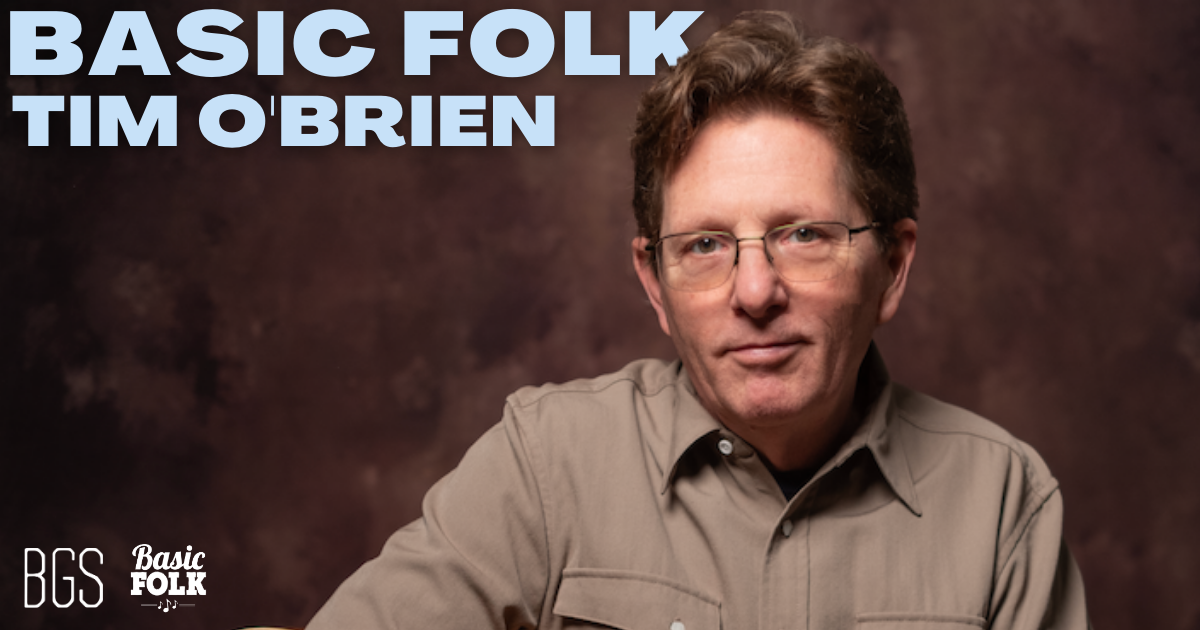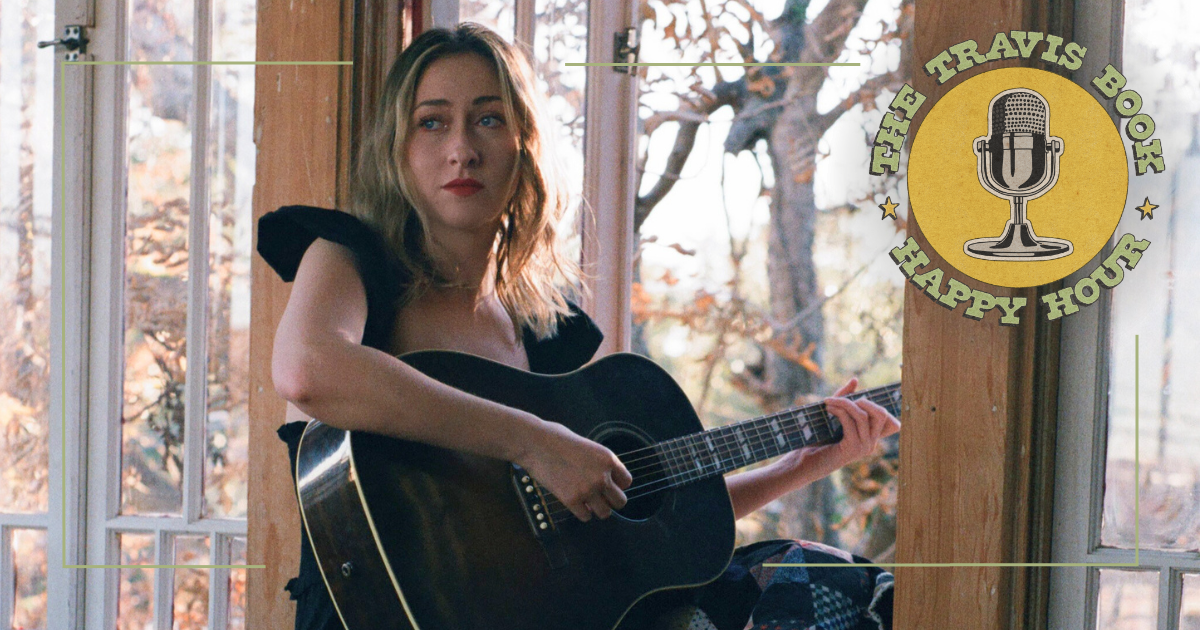Ben Harper has this deep connection to music through his family, who own a beautiful music store in the Inland Empire of California. The legacy of the store is founded on ensuring its community always has access to music. That legacy has deeply impacted the type of person Ben Harper continues to be throughout his artistic life. He’s been a musician who has given so many artists their start (very notably Jack Johnson), and has been a gateway into roots music for many of his listeners.
LISTEN: APPLE • SPOTIFY • STITCHER • AMAZON • MP3
In our conversation, we really dig into Ben’s new album Wide Open Light, which takes him back to his acoustic and slide-heavy roots. It walks that beautiful line between singer-songwriter, country and soul that his fans have loved for decades. The record shows him being vulnerable, talking about spirituality and, of course, flexing his impressive guitar chops and his intimate vocal delivery. We also got to talk about Harry Styles, who Harper has recently gone on tour with and where he’s met a whole new generation of fans. It was very cool to discuss not only his beginnings, but where he is now as an artist and how he’s shaping his legacy with the next generation of musical listeners.
Photo Credit: Michael Halsband
